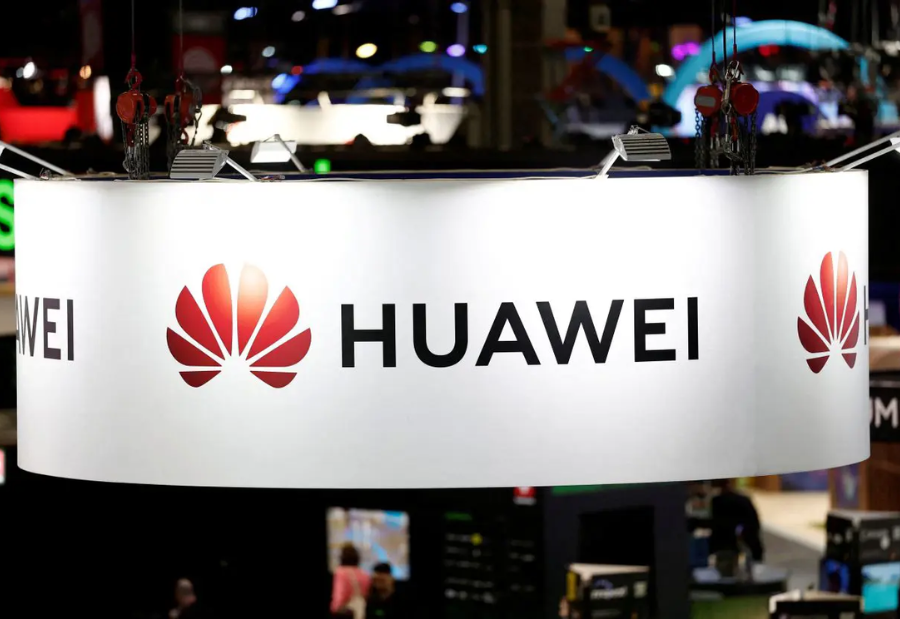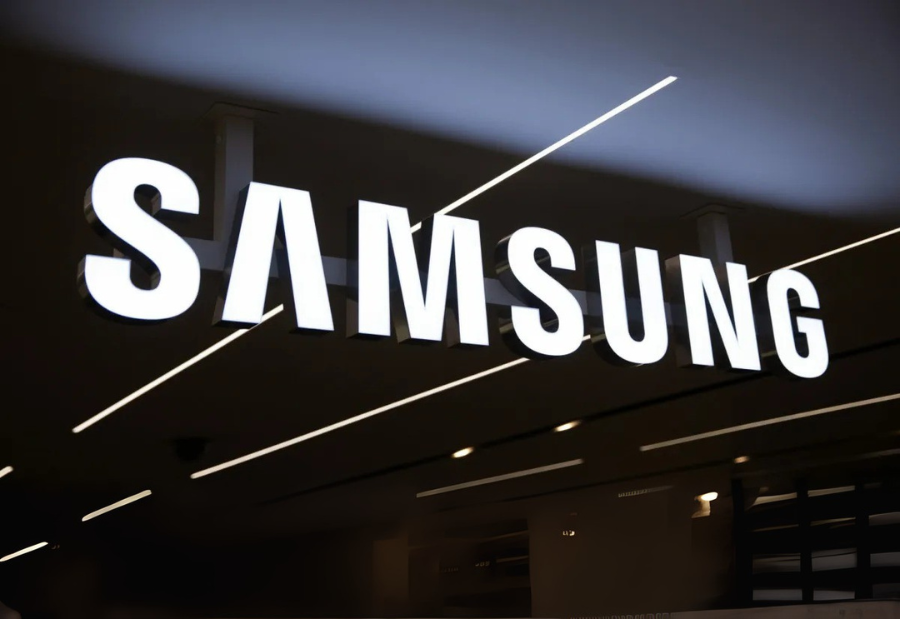Huawei’s artificial intelligence research division has rejected claims that a version of its Pangu Pro large language model has copied elements from an Alibaba (9988.HK), opens new tab model, saying that it was independently developed and trained.
The division, called Noah Ark Lab, issued the statement on Saturday, a day after an entity called HonestAGI posted an English-language paper on code-sharing platform Github, saying Huawei’s Pangu Pro Moe (Mixture of Experts) model showed “extraordinary correlation” with Alibaba’s Qwen 2.5 14B.
This suggests that Huawei’s model was derived through “upcycling” and was not trained from scratch, the paper said, prompting widespread discussion in AI circles online and in Chinese tech-focused media.
It also said that its development team had strictly adhered to open-source license requirements for any third-party code used, without elaborating which open-source models it took reference from.
Alibaba did not immediately respond to a Reuters request for comment. Reuters was unable to contact HonestAGI or learn who is behind the entity.
While Huawei entered the large language model arena early with its original Pangu release in 2021, it has since been perceived as lagging behind rivals. It open-sourced its Pangu Pro Moe models on Chinese developer platform GitCode in late June, seeking to boost the adoption of its AI tech by providing free access to developers.
While Qwen is more consumer-facing and has chatbot services like ChatGPT, Huawei’s Pangu models tend to be more used in government as well as the finance and manufacturing sectors.
Also read: Viksit Workforce for a Viksit Bharat
Do Follow: The Mainstream formerly known as CIO News LinkedIn Account | The Mainstream formerly known as CIO News Facebook | The Mainstream formerly known as CIO News Youtube | The Mainstream formerly known as CIO News Twitter |The Mainstream formerly known as CIO News Whatsapp Channel | The Mainstream formerly known as CIO News Instagram
About us:
The Mainstream formerly known as CIO News is a premier platform dedicated to delivering latest news, updates, and insights from the tech industry. With its strong foundation of intellectual property and thought leadership, the platform is well-positioned to stay ahead of the curve and lead conversations about how technology shapes our world. From its early days as CIO News to its rebranding as The Mainstream on November 28, 2024, it has been expanding its global reach, targeting key markets in the Middle East & Africa, ASEAN, the USA, and the UK. The Mainstream is a vision to put technology at the center of every conversation, inspiring professionals and organizations to embrace the future of tech.




